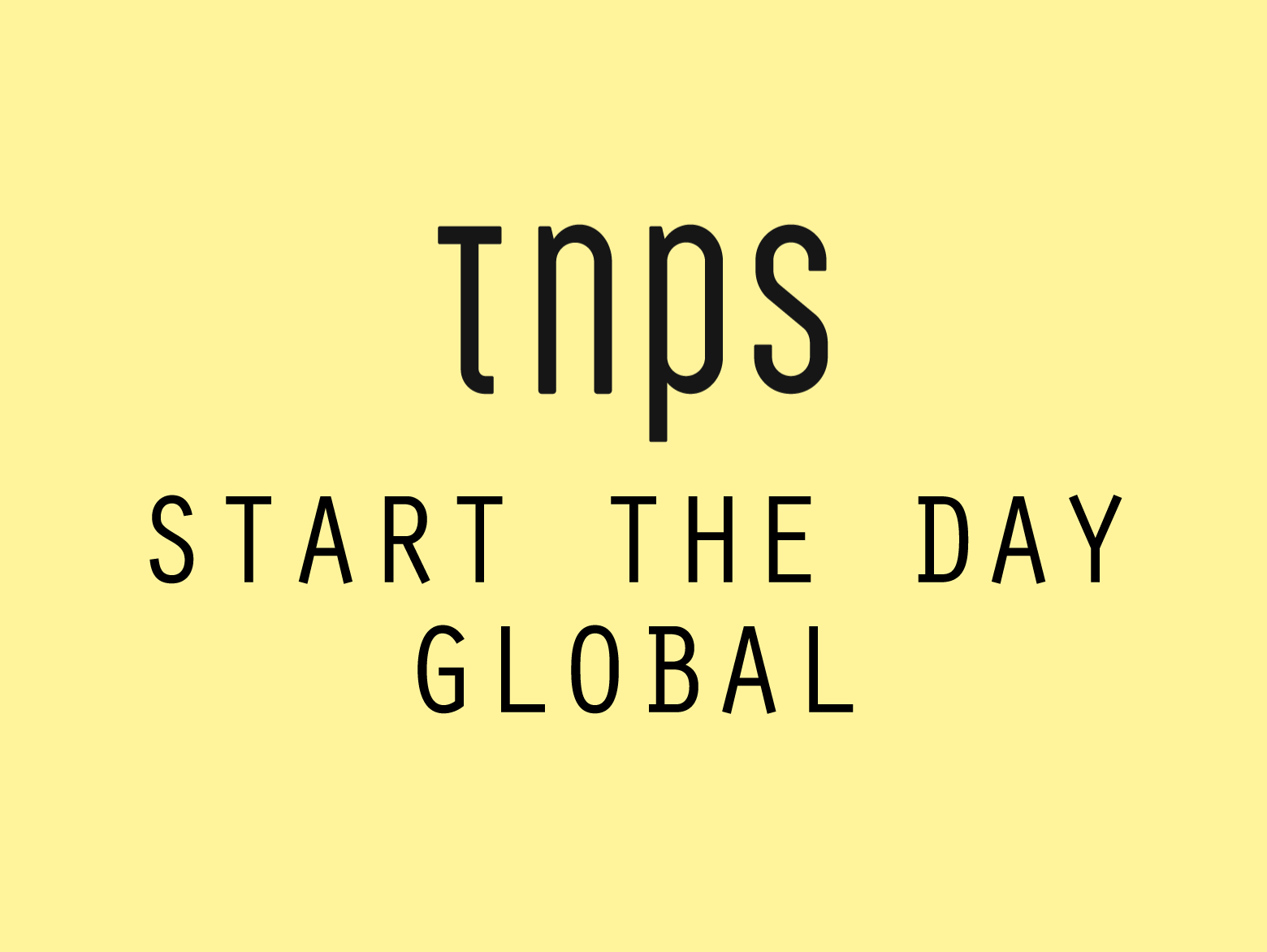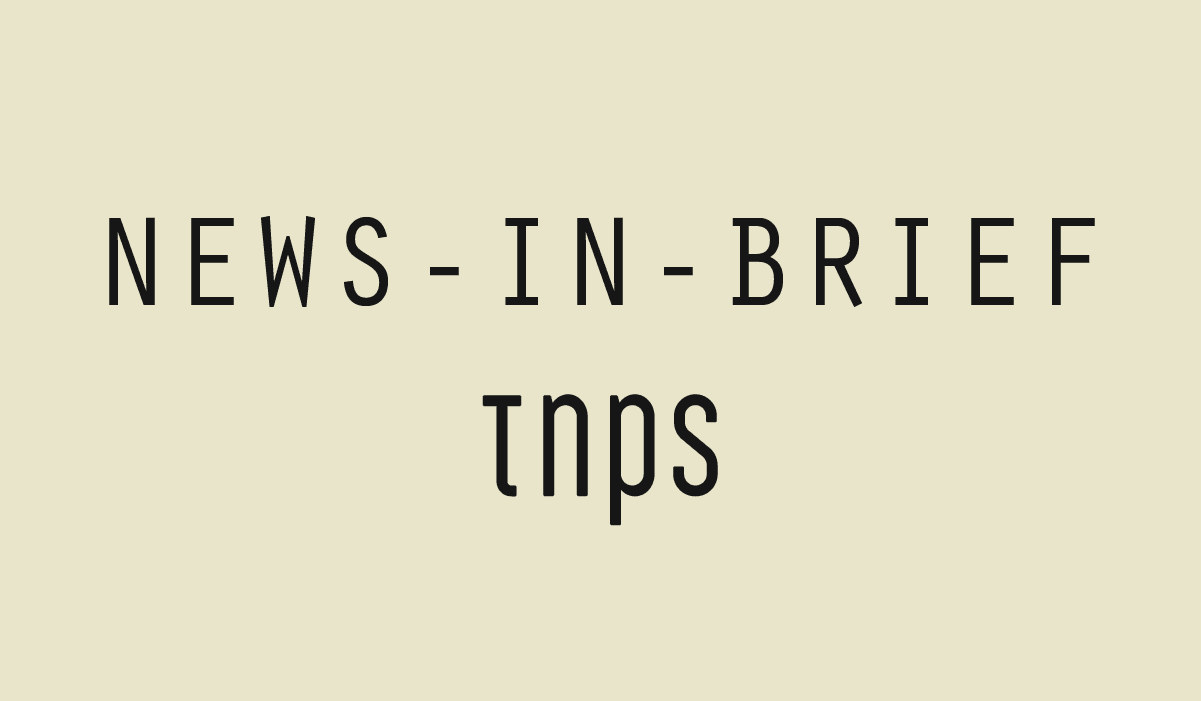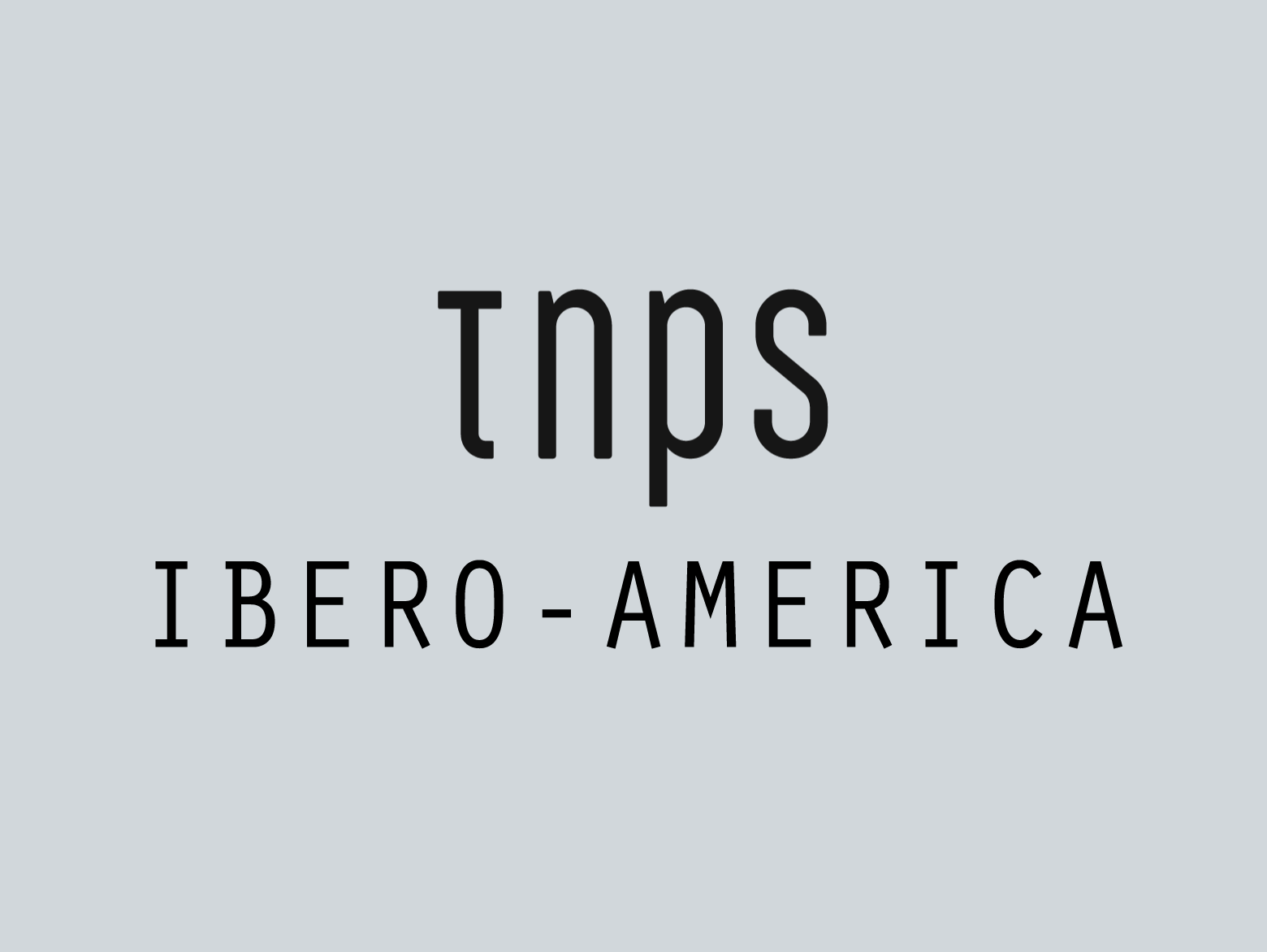In 2024, African literature thrived, countering previous claims of its decline. Writers of African descent made significant strides, bringing African stories to previously inaccessible spaces.
What follows is an eye-opening summary of a post by The British Blacklist. Do head over to read the original post, including author photos and cover images.
In 2024, African literature thrived, countering previous claims of its decline. Writers of African descent made significant strides, bringing African stories to previously inaccessible spaces.
Notable Achievements
Caleb Azumah Nelson (Ghanaian-British) won the 2024 Dylan Thomas Prize for his novel Small Worlds, exploring fatherhood, faith, and friendship. He will also direct, write, and produce a BBC drama adaptation of his debut novel Open Water.
Frances Ogamba (Nigerian) was named a Jacobson Scholar by the Hawkinson Fund and co-founded the Idembeka writing workshop. Her manuscript The Further was longlisted for the 2024 First Pages Prize, and she won the 2024 Miles Morland African Writing Scholarship.
Mubanga Kalimamukwento (Zambian) won the 2024 Drue Heinz Literature Prize for her short story collection Obligations To The Wounded, featured in Debutiful’s Best Debut Books and Boston Globe’s Best Books of 2024. She also won the Dzanc Books Prize for her manuscript Shipikisha.
Romeo Oriogun (Nigerian) was shortlisted for the 2024 Derek Walcott Prize for Poetry, and his collection The Gathering of Bastards won the Nebraska Book Award for Poetry. His latest work, The Mystic of Small Dreams, was listed among Brittlepaper’s 100 Notable African Books of 2024.
Gothataone Moeng (Botswana) received a Whiting Award for her short story collection Call and Response, earning $50,000 to support her craft.
Pemi Aguda (Nigerian) garnered acclaim for her short story collection Ghostroots, shortlisted for the National Book Award for Fiction and featured in TIME’s Top 10 Fiction Books of 2024 and NYT’s 100 Notable Books. Her story Breastmilk was shortlisted for the 2024 Caine Prize for African Writing.
Literary Ecosystem
Despite challenges such as poor funding and limited opportunities in Africa, these achievements signal potential positive changes for African literature. The successes of these authors suggest an evolving landscape, promising further growth and recognition for African literary talents.
This post first appeared in the TNPS LinkedIn newsfeed.





